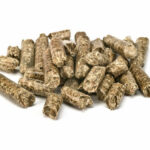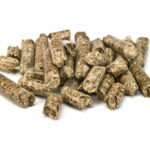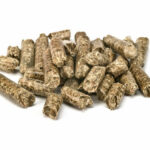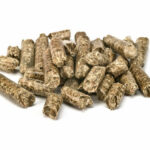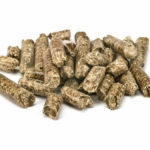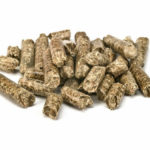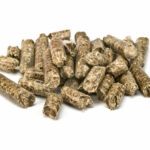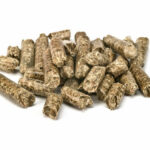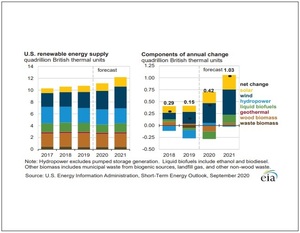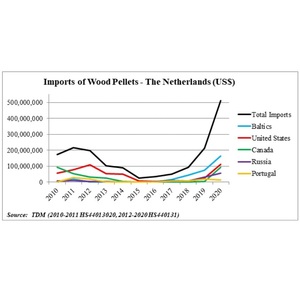Japan’s wood pellet imports to reach 2.1M metric tons in 2020
Energy Disrupter
ADVERTISEMENT
Japan imported a record 1.6 million metric tons of wood pellets last year, primarily from Vietnam and Canada, according to a report filed with the USDA Foreign Agricultural Service’s Global Agricultural Information Network. Wood pellet imports for 2020 are expected to reach 2.1 million metric tons. The use of wood pellets in power production is supported by Japan’s feed-in tariff (FIT) program.
Imported wood pellets, however, are not the only source of woody biomass used to fuel Japanese power plants. The report explains that to meet its 2030 greenhouse gas (GHG) emissions target, Japan allocates 120 billion yen ($1.1 billion) each year to thinning and selective logging on about 520,000 hectares (1.28 million acres) of private and public land. The resulting wood is used in construction and for power generation.
Japan’s domestic production of wood biomass was at 10.2 million bone-dry metric tons (BDt). Most of that volume is consumed as wood chips. Japan also produced 147,000 metric tons of wood pellets last year, up 12.1 percent from 2018.
The country imported a total of 3.7 million BDt of wood biomass last year, including 2 million BDt of palm kernel shells (PKS). PKS importers were at 2.51 million metric tons in 2019, up 41.8 percent from 2018. Wood pellets imports were at 1.61 million metric tons last year, a 52.3 percent increase over 2018. Approximately 55 percent of Japan’s wood pellet imports came from Vietnam in 2019, while 36.5 percent were sourced from Canada. As of October 2020, the U.S. had not begun to export wood pellets on a commercial scale to Japan. According to the report, PKS are used most frequently in medium-sized biomass power plants, while large biomass power plants prefer to use wood pellets due to greater supply reliability.
Japan aims to meet at least 4.6 percent of its electricity demand through biomass-derived power by 2030, according to the report. As of December 2019, the Japanese Ministry of Economy, Trade and Industry (METI) had approved 372 biomass plants with a combined capacity of 8,665 megawatts (MW). The report notes, however, that only 179 wood biomass power plants were operational and generated only 2,368 MW of electricity, or approximately 27.3 percent of approved capacity under FIT. According to the report, the difficulty in securing reliable sources of wood biomass feedstock is the primary cause delaying development of many approved FIT projects. Japanese power plants consumed an estimated 12.9 million BDt of biomass last year, up more than 50 percent when compared to 2015.


